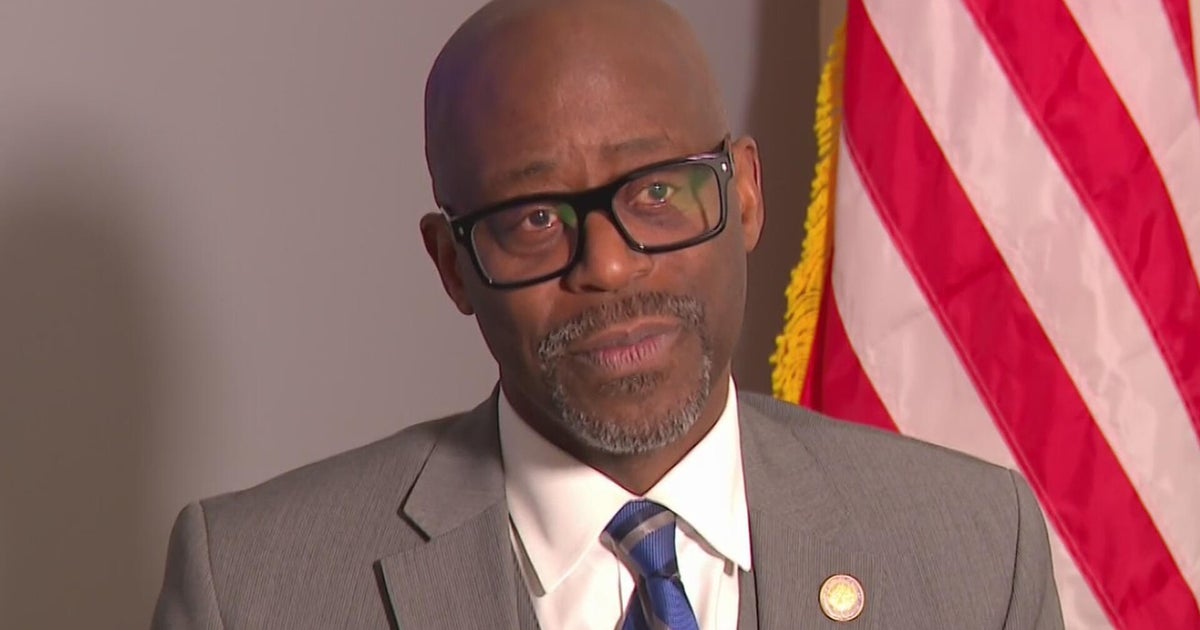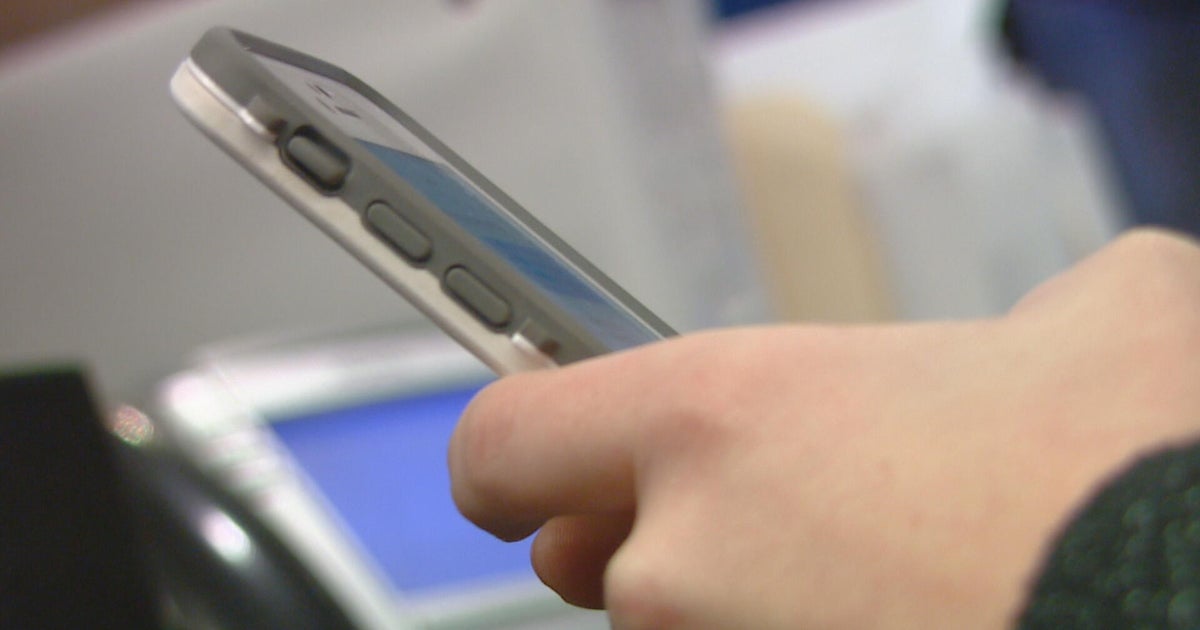Good Question: How Has The iPhone Changed The World?
MINNEAPOLIS (WCCO) -- Happy Birthday, iPhone!
Ten years ago Thursday, Apple first sold the device that would dramatically alter how we all go about our daily lives.
So, just how has the iPhone changed the world?
The most popular cellphone in 2007 was a Nokia. That was the year Steve Jobs predicted the future when he introduced the iPhone at MacWorld 2007.
"Every once in a while a revolutionary product comes along that changes everything," Jobs said.
He was right.
"It's changed a phone into a computer in your pocket," said Gene Munster, a technology venture capitalist with Loup Ventures. "And that ability, that mobility, that power has allowed pretty much every company to change how they do business."
Munster credits the iPhone specifically for this transformation because it was the inspiration for the Android.
Movie studios must now consider streaming video. Musicians understand the majority of people listen to music on their phone. The biggest growth driver in retail is online. Anyone involved in advertising knows how Facebook and Google are changing the game.
"Ten years ago, the predominant companies, the largest, most valuable companies were energy companies and maybe banks. Now they're tech companies. Their power comes from what we're doing on our mobile devices," said Fast Company Editor-in-Chief Robert Safian in an interview on "CBS This Morning."
Smartphones have dramatically changed how we use various products: maps, flashlights, calculators, alarm clocks, compasses and cameras.
According to information from Recode, 85 percent of digital photos are now taken with a phone.
And according to a Bloomberg report, Americans are also buying less gum because they're too busy checking out their phones in the checkout line.
Munster says the sharing economy was born out of smartphones. It's unlikely that Uber, Lyft, AirBnb or Spotify would be around were there no smartphones.
But, likely the biggest winner is Apple itself. In 2006, the company's revenues were around $20 billion.
In 2016, they were $218 billion -- a jump of almost 1,000 percent.
"That's something investors say defy the laws of physics," Munster said.







